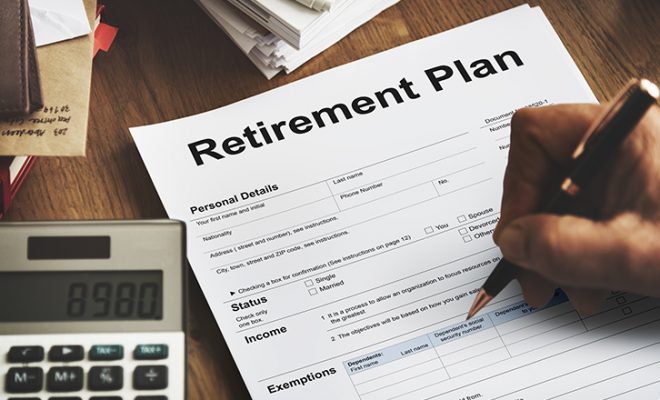Defined Benefit Retirement Plans

Defined benefit retirement plans and SEP retirement planning programs are types of pensions offered by employers to their valuable employees. These plans are traditionally used by companies to offer secure benefits to their staff members so years of dedication and hard work will pay off with monthly pension payments beginning in their retirement years. Employees who are promised defined benefit retirement plans will receive monthly benefits based on an equation that figures earnings, age, and years of employment. Unlike other types of retirement investment plans, defined benefit retirement plans are not paid out to employees based on investment returns. Though companies are offering these pension options less frequently than they use to, employees that do have access to these plans as part of their benefit packages have valuable resources that will create income for their retirement years.
Upon retiring, an individual whose company offers defined benefit retirement plans may opt for a monthly payment or select the option to receive a lump sum amount. The retiree may also choose to divide his or her pension amount between a partial lump sum payment and monthly payment. Each retiring worker will be able to select the best option to suit his or her financial needs which will supplement his or her overall investment portfolio.
If you are an employee who will receive this important pension option through your employer, you will have a financial recourse that will last your lifetime. This will offer peace of mind that you have an additional income source that will compliment other assets and investment accounts that you have in your diversified portfolio. As you prepare for your financial future and your golden years, it is important to think of your pension as part of your portfolio while you also take advantage of other tax-incentive investment accounts so you will give your nest egg every opportunity to grow to its fullest potential.
Valuable Pensions for Future Retirees
Once an employer’s years of employment and earnings are calculated using a special formula, a monthly payment amount will be determined. This payment begins at retirement and generally lasts for the life of the former employee. This plan is valuable to the employee because he or she has less risk during his or her working years. For example, while money invested in a traditional 401k is subject to the performance of stocks, bonds and funds, defined benefit retirement plans are not. Therefore, companies that offer these plans take on the majority of the risk.
Because some companies face deficits when utilizing defined benefit retirement plans, many have chosen to offer other types of investment options to their employees so they must accept investment risks along with the benefit amounts incurred by retirement age. However, some companies still offer defined pension options as a way to provide sound future financial planning as part of their employees benefit packages. While some private companies fully fund these defined pensions, many public sector employers require employees to contribute in order to receive the benefit payouts of defined pension plans. The incentive is a future source of reliable income that will help provide financial security to former employees throughout their retired years.
Though some private companies offer defined benefit retirement plans, these defined options are primarily offered to employees of public sector jobs. These include careers with federal, state and city governments. After years of dedicated service, employees will be able to enjoy the benefit of a pension that will provide retirement income that will supplement Social Security payments and other assets. Defined plans are important parts of the investment portfolios of those who have access to them through their employers. These pensions options also typically provide an added benefit to spouses of deceased individuals who received these defined benefits.
Valuable Spousal Benefits
In addition to providing income for the retired years of covered individuals, defined benefit retirement plans also provide financial protection to surviving spouses once a retired employ who receives pension benefits passes away. Most of these pensions will continue to pay a surviving spouse at least half of the former employee’s payment amount for the rest of his or her life. However, some companies offer variations of the spousal payment, such as reduced monthly amounts to the retired employee during his or her life so the spouse will be able to receive that same amount upon the death of the covered individual.
Defined benefit retirement plans are important financial tools for the employees who have access to them. These pensions will provide reliable income for life to those who spend decades working for their future security. In addition, these plan options will help future retirees estimate how much money they should allocate to other investment accounts to create complete investment portfolios that will provide enough future income to last for life.










